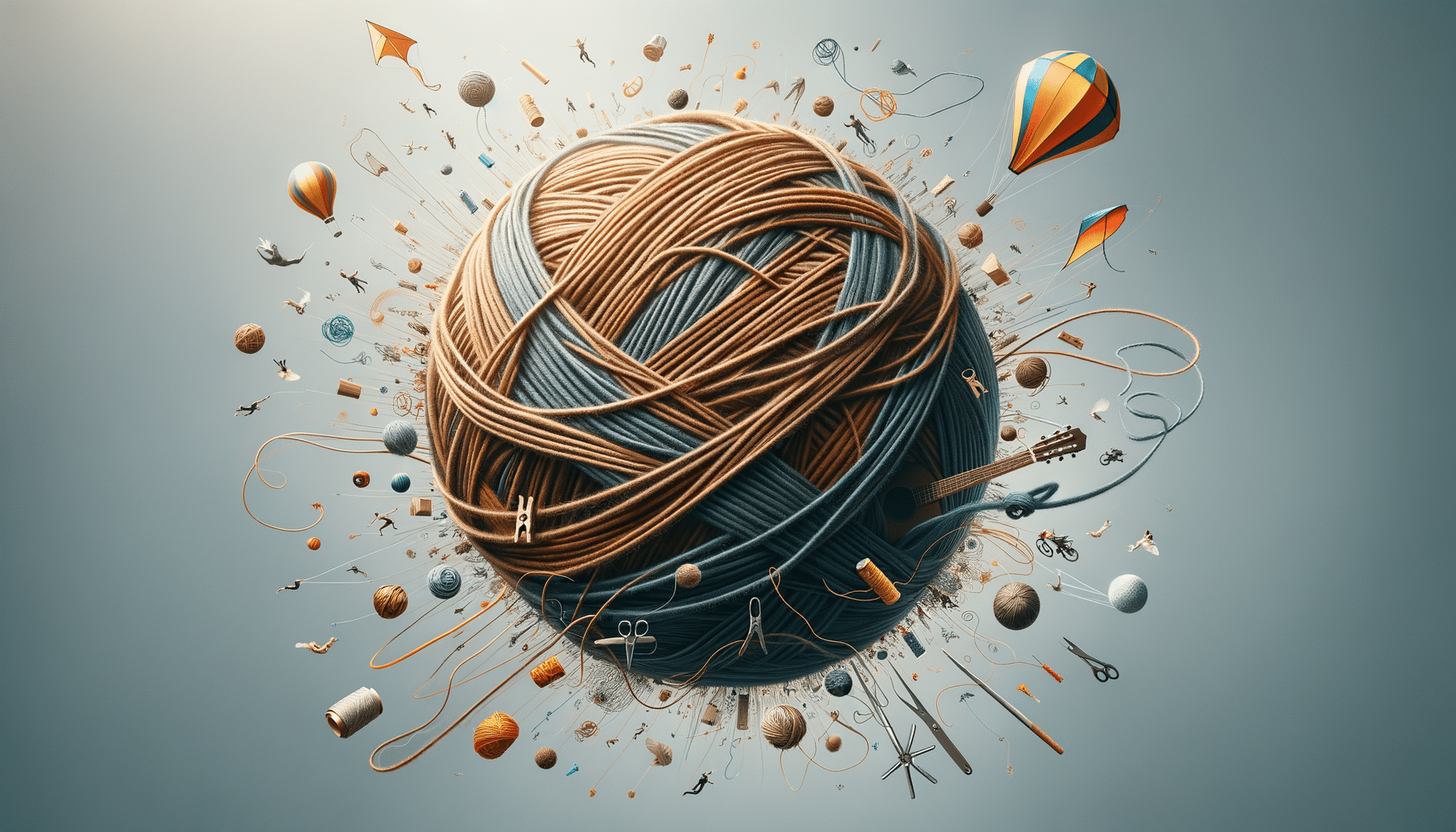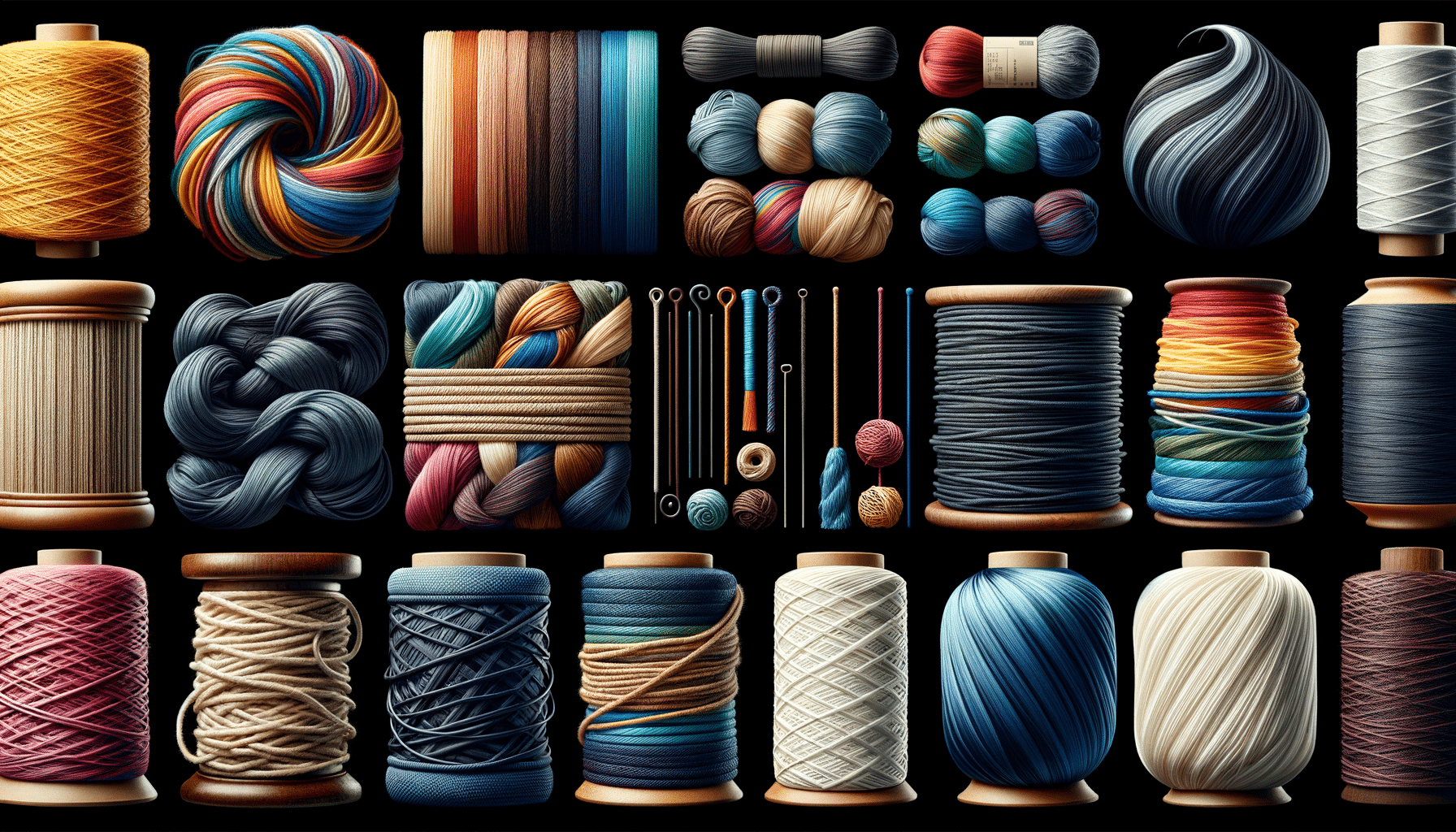
The Essential Role of Office Cleaners in Modern Workspaces
The Importance of Office Cleaners in Modern Workspaces
In the bustling environment of modern offices, maintaining cleanliness is crucial not just for aesthetics but also for health and productivity. Office cleaners play an indispensable role in ensuring that workspaces remain conducive to efficiency and well-being. Their work goes beyond mere tidying; it involves creating an environment where employees can focus and thrive. Clean offices reduce the spread of germs, leading to fewer sick days and a healthier workforce. Moreover, a tidy workspace enhances employee morale and can even improve mental clarity and creativity.
Office cleaners are tasked with a variety of responsibilities that ensure the smooth operation of a workplace. These include dusting, vacuuming, sanitizing surfaces, and waste management. Each of these tasks contributes to the overall health and safety of the office environment. By maintaining a high standard of cleanliness, office cleaners help prevent the spread of illnesses, which is particularly important in open-plan offices where germs can easily be transmitted.
In addition to health benefits, a clean office can positively impact employee productivity. A clutter-free environment allows employees to concentrate better, reducing distractions and stress. This, in turn, can lead to improved job satisfaction and performance. Furthermore, a well-maintained office is often perceived as more professional, which can enhance a company’s image to clients and visitors.
Challenges Faced by Office Cleaners
While the role of office cleaners is critical, it is not without its challenges. One major challenge is the need to work around the schedules of office employees. Cleaners often work early in the morning or late in the evening to minimize disruption, which can lead to unconventional working hours. This requires a high level of flexibility and dedication.
Another challenge is the physical nature of the job. Cleaning tasks can be physically demanding, requiring cleaners to stand for long periods, lift heavy objects, and perform repetitive motions. This can lead to fatigue and, in some cases, injury if proper ergonomic practices are not followed.
Moreover, office cleaners must stay updated with the latest cleaning technologies and products to perform their duties effectively. This includes understanding the use of eco-friendly cleaning agents and advanced cleaning equipment. The increasing awareness of environmental sustainability means that cleaners are often expected to use products that are not only effective but also environmentally friendly.
The Future of Office Cleaning: Trends and Innovations
The field of office cleaning is evolving with advancements in technology and changing workplace dynamics. One significant trend is the adoption of green cleaning practices. Companies are increasingly opting for environmentally friendly cleaning solutions that minimize the impact on the planet while maintaining high hygiene standards. This shift not only benefits the environment but also promotes a healthier indoor atmosphere for employees.
Automation is another trend shaping the future of office cleaning. Robotic vacuum cleaners and automated cleaning systems are becoming more prevalent, allowing for more efficient and consistent cleaning processes. These technologies can handle routine tasks, freeing up human cleaners to focus on more detailed work that requires a personal touch.
Additionally, the COVID-19 pandemic has heightened the focus on hygiene and sanitation, leading to an increased demand for thorough and frequent cleaning services. This has prompted innovations in cleaning protocols and the development of new disinfection technologies. As businesses continue to adapt to new health guidelines, the role of office cleaners will remain vital in ensuring that workspaces are safe and welcoming for everyone.


